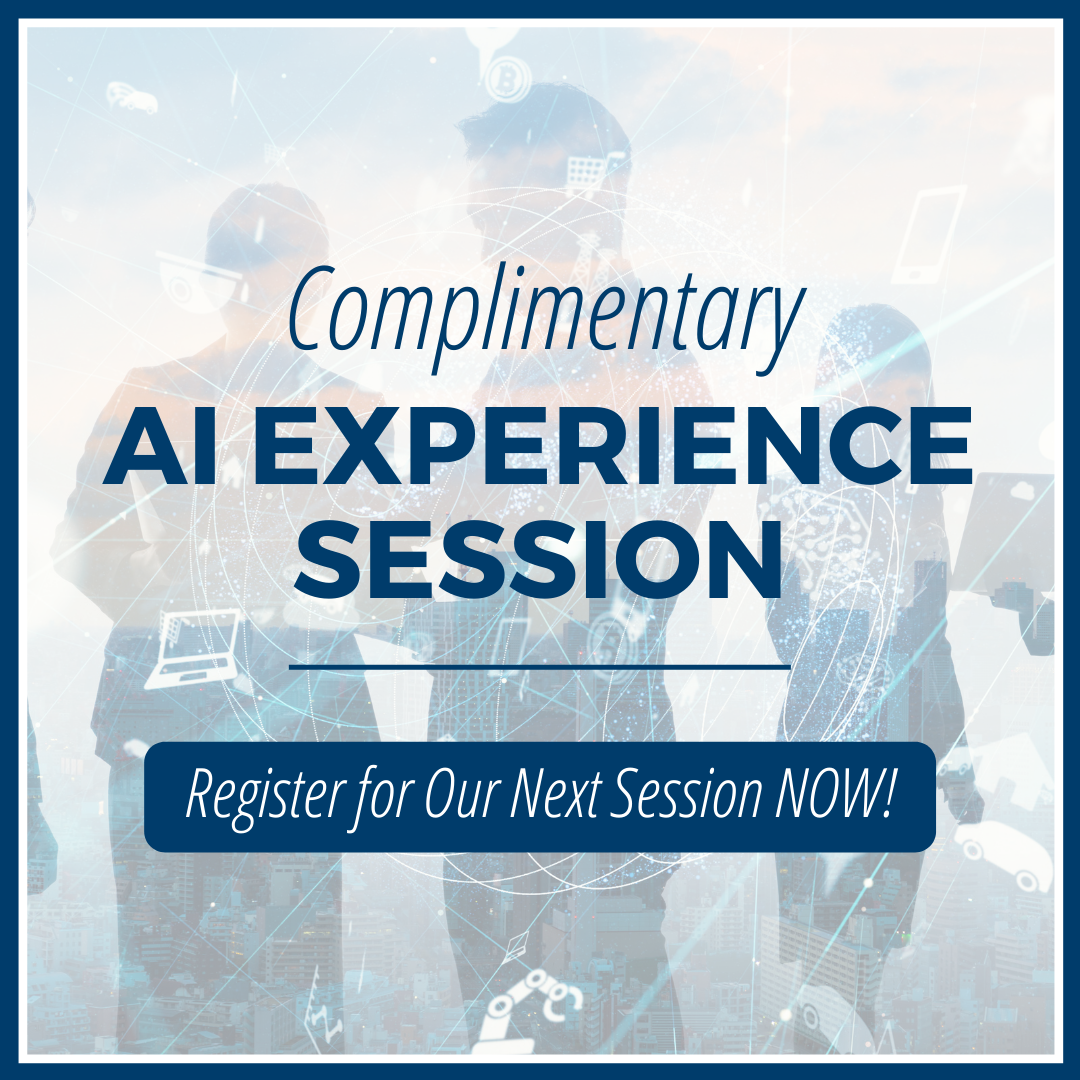Artificial Intelligence Ungraded to Autonomous and Intelligent Systems

The Institute of Electrical and Electronic Engineers (IEEE) is the world’s largest technical professional organization for the advancement of technology for humanity. IEEE provides a wide range of quality publications that make the exchange of technical knowledge and information possible among technology professionals. In its signature monograph Ethically Aligned Design, Ie – A Vision for Prioritizing Human Well-being with Autonomous and Intelligent Systems[1] – the authors suggest that AI (artificial intelligence) is too vague a term for covering “its advancement of technology for humanity.” EAD1e wants to present the broadest possible application of ethical considerations in the design of technologies and systems” (End notes, p. 16). To this end, IEEE proposes rather the use of the term “autonomous and intelligent systems” (A/IS) to ensure that “such systems remain human-centric, serving humanity’s values and ethical principles” (Introduction, p. 2).
Ethically Aligned Design, 1e, describes how “the full benefit of technologies can be reached if they are aligned with society’s defined values ad ethical principles.”
Through this work we intend, therefore, to establish frameworks to guide and inform dialogue and debate around the non-technical implications of these technologies, in particular related to ethical aspects (ibid, p. 3).
EAD1e outlines eight basic principles that guide “the ethical and valued-based design, development, and implementation of A/IS:
- Human rights that are respected, promotes and protected internationally
- Well-being as a primary success criterion of development
- Data Agency to maintain people’s capacity to control their identity
- Evidence of Effectiveness provided by the purpose of A/IS
- Discoverable Transparency of A/IS decision process
- Accountability of unambiguous rationale of decisions
- Awareness of misuse of biases and risks of A/I operations
- Competence of knowledge and skills required for use of A/IS (Introduction, p. 4).
Ethically Aligned Design, First Edition (EAD1e) represents more than a comprehensive report, distilling the consensus of its vast community of creators into a set of high-level ethical principles, key issues, and practical recommendations. EAD1e is an in-depth seminal work, a one-of-a-kind treatise, intended not only to inform a broader public but also to inspire its audience and readership of academics, engineers, policy makers, and manufacturers of autonomous and intelligent systems (A/IS) to take action (ibid. p. 9).
Take away: This is an invaluable resource to be added to one’s library for the study of Artificial Intelligence.
Sources:



